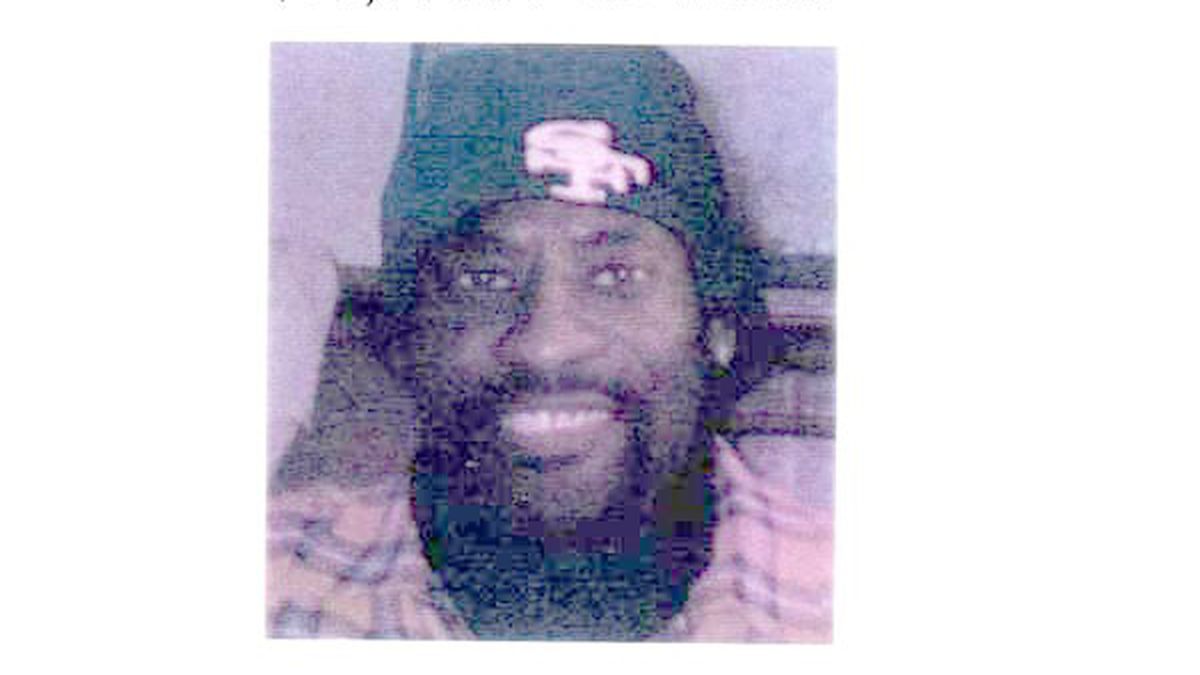Lucy Sprague was a second-year law student at Chicago’s John Marshall Law School when she was murdered. Not realizing that Lucy was at home, a maintenance man hired to do repairs in her building let himself into her apartment with a passkey — “presumably to commit some petty theft,” says Lucy’s brother Zander Sprague, a Castro Valley life coach and motivational speaker. Lucy was 5’4″; the worker stood nearly a foot taller at 6’2″. A convicted felon on parole with a four-page rap sheet, he had spent eight of the last ten years in Joliet State Prison for violent crimes including aggravated assault. “We surmise that they surprised each other in her bedroom and he then strangled her with a leather belt of hers,” Zander tells Apprehension. “He then jumped out her fourth-floor window to a second-floor roof where he fractured his heel.” He told arriving cops that the wind had blown him off a twelfth-story roof, but they found Lucy’s jewelry on him, along with “a monogrammed hand towel,” Zander says. Could any evidence be more incriminating? “The police noticed my sister’s apartment window open and … got suspicious. They then went to her apartment and found her body.” Arrested, the killer hanged himself ten days later in jail. A few days before her murder, Lucy had told her parents over lunch that she had decided to work toward becoming a public defender — “ironically wanting to defend just the sort of person who killed her,” Zander says.
When he first heard that Lucy was dead, he said “a numb feeling spread from my head to my toes. Murder is not a currency that I was even remotely ready to deal in.” Meeting others who had endured similar tragedies inspired him to write a self-help book. Published this year, Making Lemonade: Choosing a Positive Pathway After the Loss of Your Sibling offers dozens of helpful questions for readers to answer, from “What was the funeral like?” to “What have you forgotten about him or her?” to “Is there a song that you play when you want to remember?” This allows them to process their experiences and honor their traumas and their present-day lives while honoring those who are gone. “Readers have a choice,” Zander says, about “how they want or do not want to deal with this loss. By choosing to empower themselves, they define the loss. The loss does not define them.” His family has created a charitable foundation, the Lucy R. Sprague Charisma Fund, as well as a scholarship at her law school for graduates going into public service, as Lucy planned to do. “They make a three-year commitment to do public service and they get $25,000 towards their student loans,” Zander says. “I just presented the eleventh scholarship in May.”
Speak Up
An elderly Chinese-speaking woman was recently assaulted by the mother of a child she had accidentally hurt at the MacArthur Boulevard Kentucky Fried Chicken, a Laurel District resident reported to her neighborhood-watch group. “My shook-up aunt had a black eye as well as a swollen face,” the niece wrote. While opening the KFC’s door, the aunt “accidentally bumped a little girl. The little girl hurt her finger and started crying. The mother proceeded to immediately beat up my aunt and then took off.” The terrified victim filed a police report in Chinatown, in Chinese. City Councilmember Jean Quan posted a response on the neighborhood list: “For years we have had a hard time getting Asian victims to step forward. In some cases we feel we could have gotten a conviction but without the victim’s participation we often can’t charge. We have asked for specific patrols in the evening in the Laurel and have held Chinese-language meetings with both merchants and residents.” For filing that report, “please thank your aunt for all of us.”
Fear Breeds Fear
After her second son was murdered in Oakland, Ora Knowell realized “that my grandchildren and other children like them were afraid to go to sleep at night, afraid that the killers who killed their parents would come and kill them.” Even so, they wouldn’t talk about their fears. A practiced textile artist, Knowell started doing therapeutic art projects with kids whose fathers had been murdered. The more she met, the more she saw how poor most of them were. “Everyone says education is free,” Knowell tells Apprehension. “Education is not free, believe me.” Going even to public school, even with free lunches provided, still means needing clothes, shoes, pens, paper, backpacks, bus fare, and personal-care items. “I’ve seen kids walking across the stage to graduate with no socks on because they can’t afford socks. Some of these kids don’t even have a tissue to wipe their butts with,” Knowell avows. So she founded the West Oakland Lower Bottom Fatherless Children Foundation, which collects donated school supplies all year for such kids. Knowell is convinced that Oakland’s skyrocketing crime rate is largely the result of fear — that the perpetrators are themselves terrified of life in this city. “They grow up not understanding why violence happened to their loved ones and why no one protected them. These kids see killers walking the streets every day. They think of City Hall as a gang. They view the police as a gang. So they think they need to get into a gang themselves” because they don’t know how else to stay safe, Knowell says. It scares her too, because “they’re our future.” Loss turned her into an activist. “I’ve got my head up and I’m still yelling,” she says. “I’m just an ordinary person who’s lost two sons to gun violence.”











